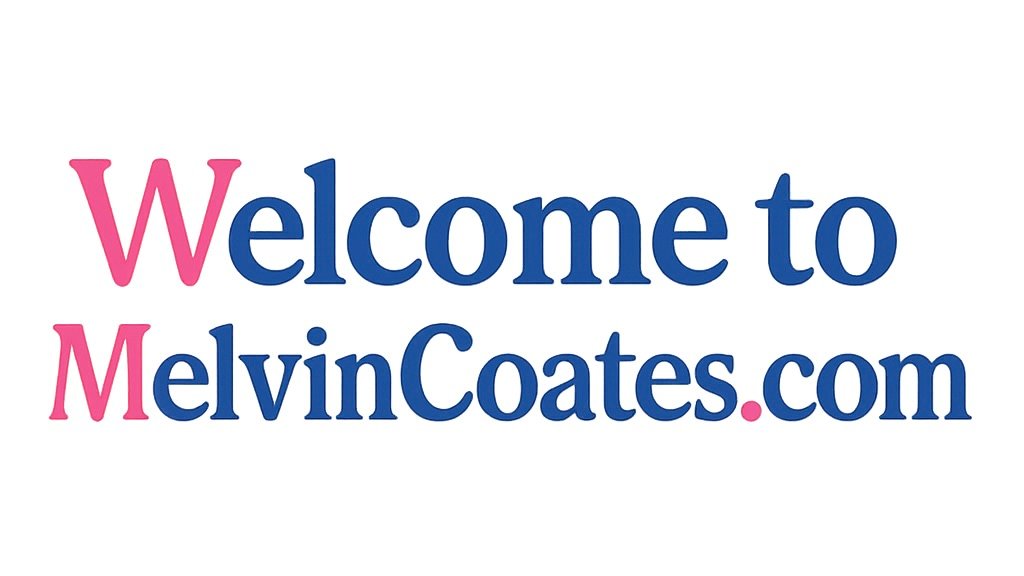Don’t Be Fooled: Government Shutdowns Hurt, Even If Layoffs Don’t Happen
Lately, there’s been a dangerous and frankly dishonest narrative being pushed—that a government shutdown isn’t a big deal because, well, “no one really gets laid off.” I’ve been hearing that line echoed in comment sections, on media pundit panels, and even from politicians who should know better. But let me be clear: just because federal workers might not be *permanently* laid off during a shutdown doesn’t mean their lives—or our entire country—aren’t disrupted in serious, painful ways.
And when it comes to people in power—the ones like Trump who have held the keys to our government—it’s never just about dollars and policy games. Sometimes, it’s about control. It’s about political theater. And yes, sometimes it’s about punishment.
Shutdowns Aren’t Harmless Pauses
I had the honor of serving this country in the Army, and over the years I’ve also worked alongside countless federal workers—veterans like me, civilian employees, contractors—folks who keep our government running day in and day out. These employees aren’t nameless bureaucrats; they are parents, caregivers, wounded warriors, recent college grads, and elderly nearing retirement. They serve because they believe in this country, and they count on the paychecks they rightfully earn.
So when someone says, “Well, they’re not being *fired,* so what’s the big deal?” I want to sit them down and explain what it’s like to wake up one morning and learn your income has suddenly disappeared—possibly for weeks or months. Furloughed workers can’t pay their rent, buy groceries, keep up with medical expenses, or afford child care. And while Congress may *eventually* grant back pay, that doesn’t help when the bills are due **right now**.
A Shutdown Is a Political Weapon—And Targeting Workers Is Intentional
Some politicians know that a shutdown is a high-risk maneuver with massive ripple effects, not just in paychecks, but in morale, trust, and public safety. And while past administrations have treated shutdowns as a last resort, something to avoid—even when budget disagreements hit a wall—there’s a growing trend to **use the threat of a shutdown as political leverage**.
When I think back to Trump’s 2018-2019 shutdown—the longest in U.S. history—I think about the TSA agents showing up to airports with smiles on their faces even as they worked without pay. I think about national parks being trashed because there weren’t enough rangers on duty. I think about the federal contractors—many of whom were low-wage workers—who never did get that back pay. And yes, I saw the way it was bottom-line about control.
The message wasn’t subtle—it was “play by my rules, or everyone else suffers.”
Trump didn’t *have* to lock so many workers out. He could’ve pushed for negotiations without petty brinkmanship. But he weaponized the shutdown. He made it clear that if he didn’t get his way, real Americans would feel the sting. And now, some are floating the idea that another shutdown wouldn’t be such a big deal—because layoffs weren’t the outcome last time.
That’s like saying you survived a heart attack, so the next one won’t hurt.
We’re Playing With Lives, Not Just Budgets
Make no mistake: federal workers matter. Government services matter. And public trust in our systems—especially after everything we’ve gone through in these past few years—that matters more than ever. Budget negotiations are a necessary part of democracy, but shutdowns aren’t.
And to my fellow veterans, first responders, and public servants: I see you. I remember what it felt like to put service before self, only to be left wondering if your livelihood was up for political debate. We deserve better than to be treated like pawns.
This Is About Decency, Not Just Policy
It’s easy to say, “They’ll get paid eventually.” But try telling that to someone whose rent is past due. Or someone struggling with PTSD who just lost access to their counselor at the VA. Or the single mom who works in a federal office and has no idea if the daycare bill will get paid on time.
We need to stop treating shutdowns like business as usual. And we need to hold leaders accountable when they treat workers as collateral damage in a power play.
Final Thoughts: Every Life Touched By a Shutdown Matters
At the end of the day, this isn’t just about budgets—it’s about basic human decency. If we claim to care about workers, families, veterans, or national security, we can’t be okay with shutting down the government for political points.
So don’t let the talking heads fool you. Just because no one got laid off doesn’t
